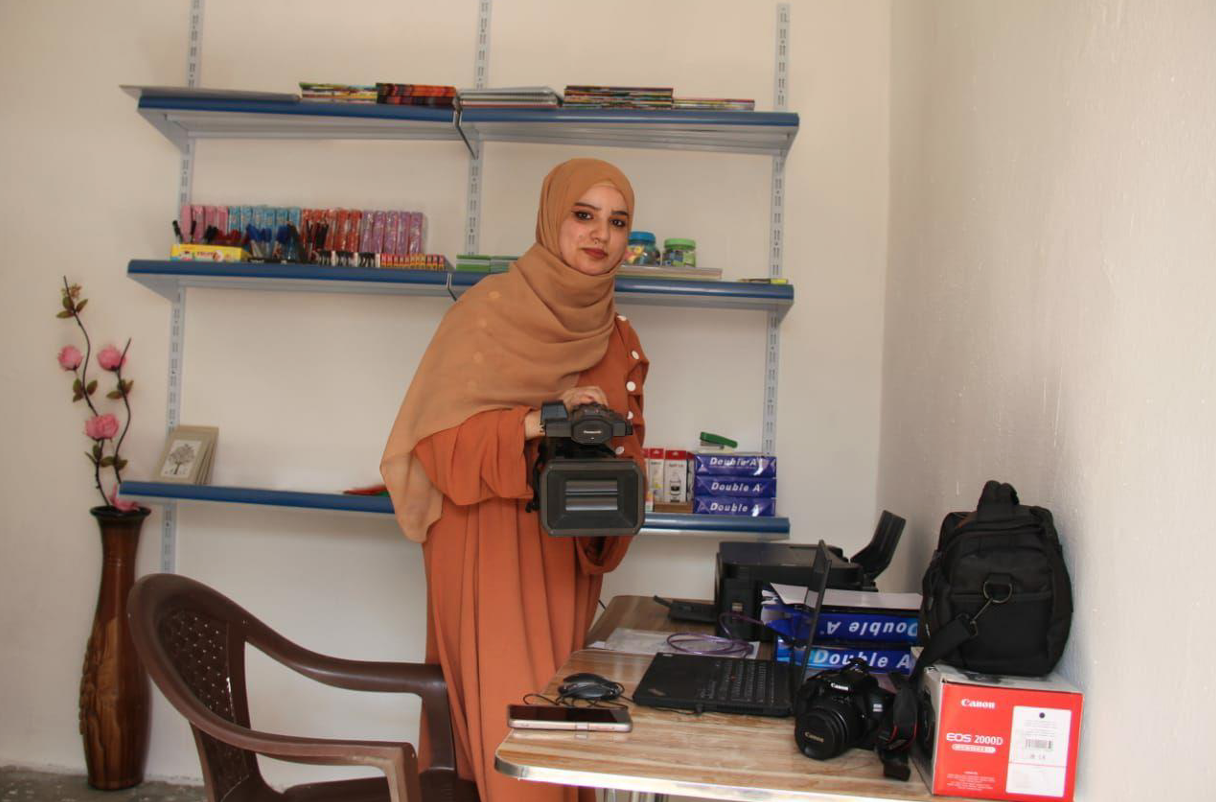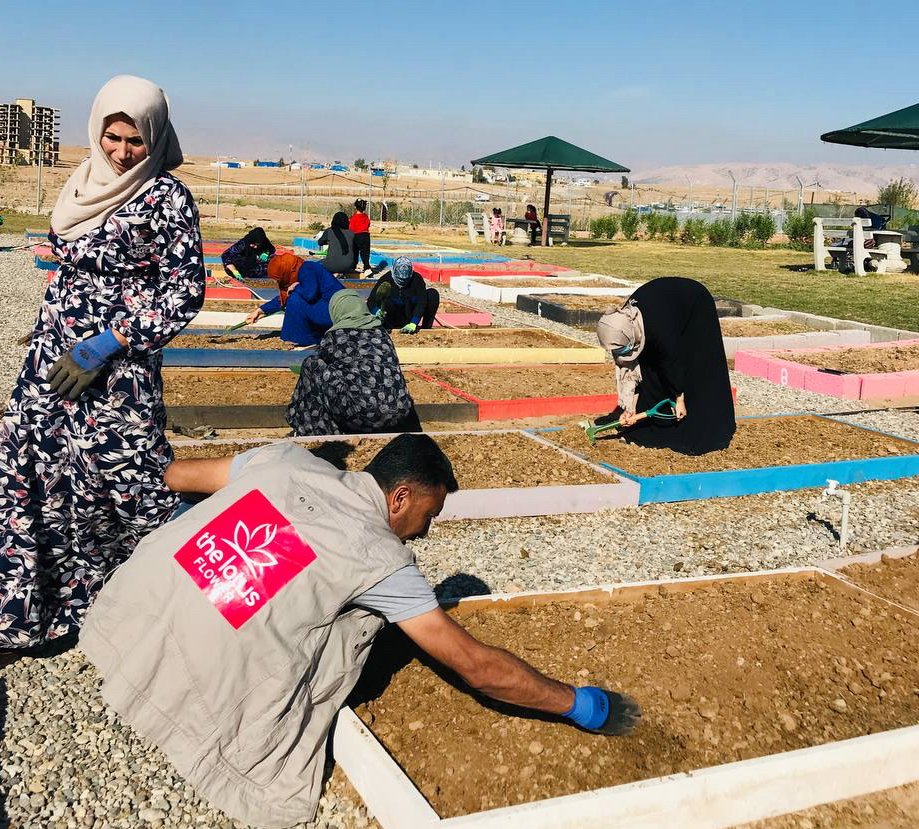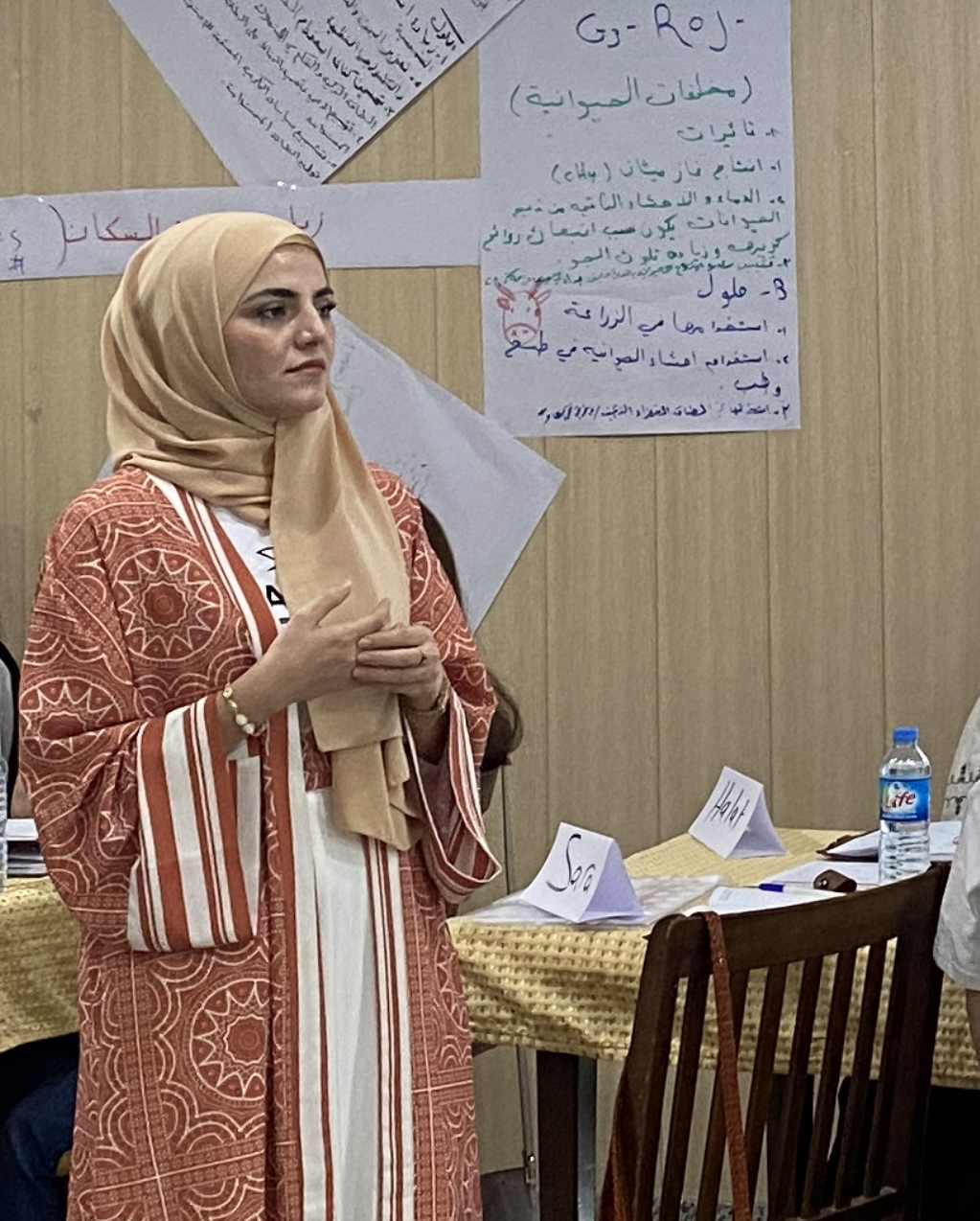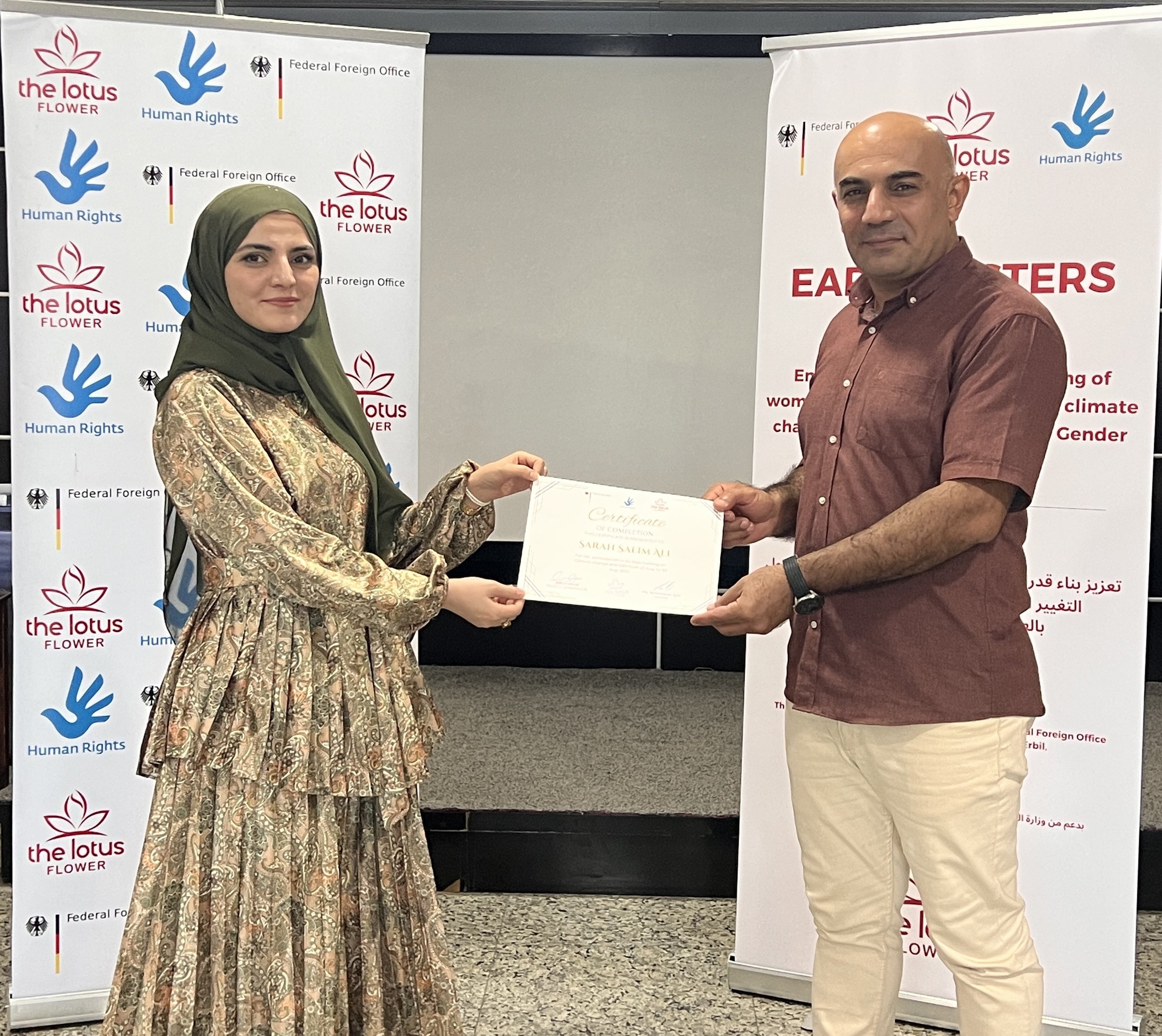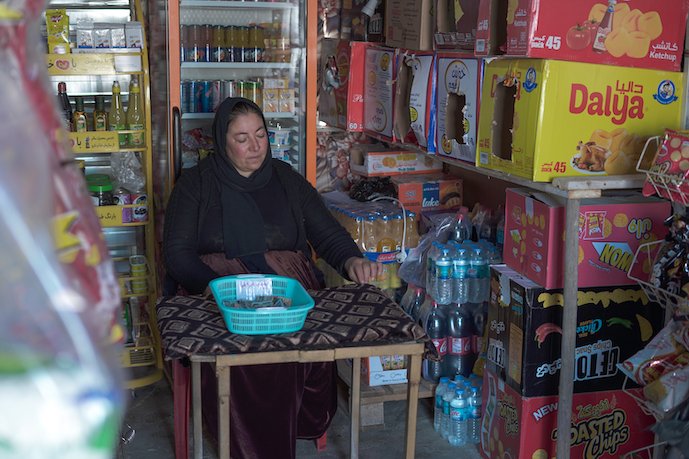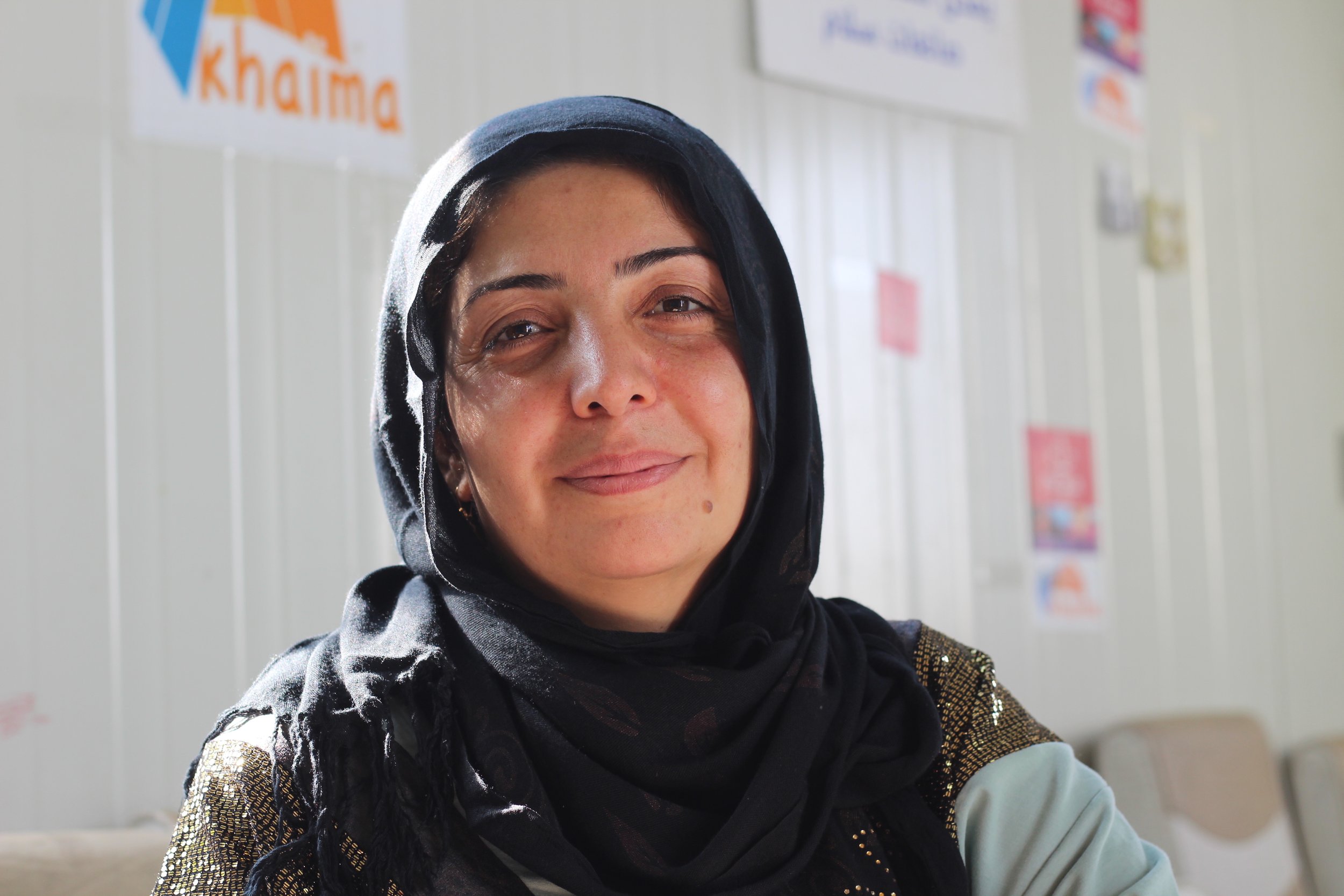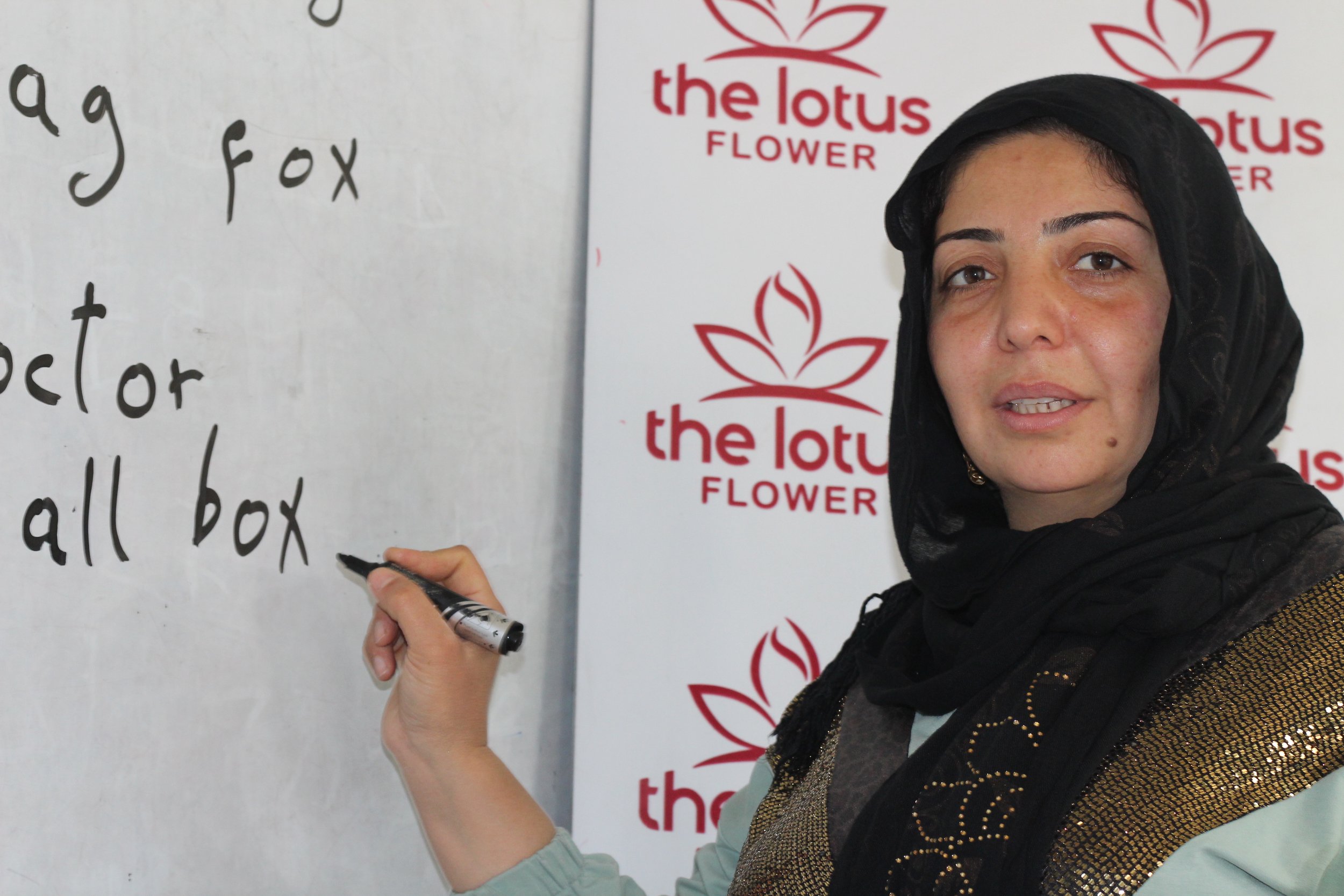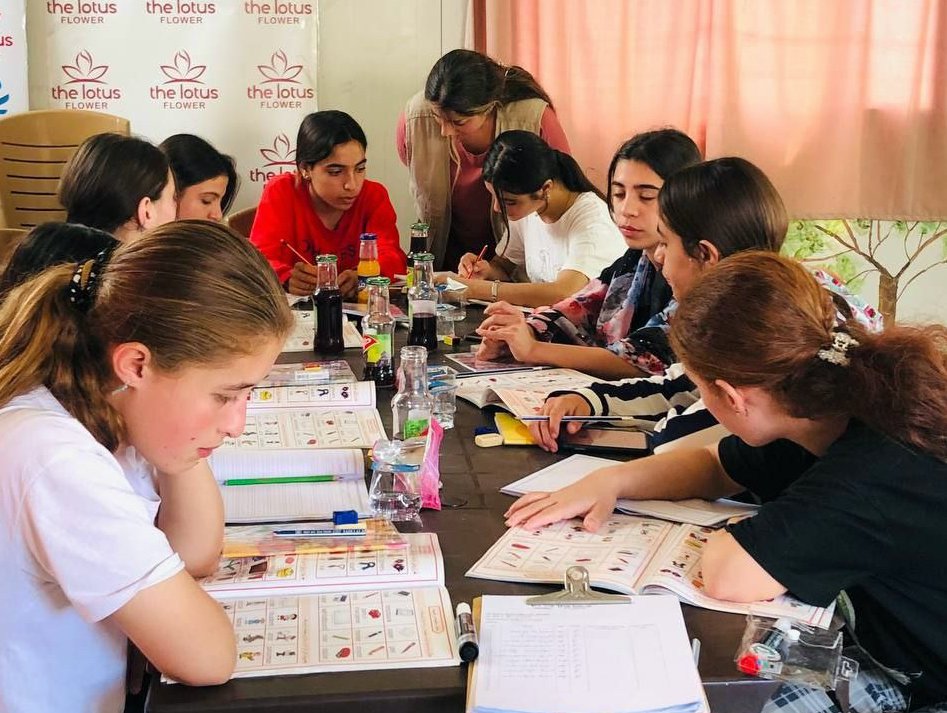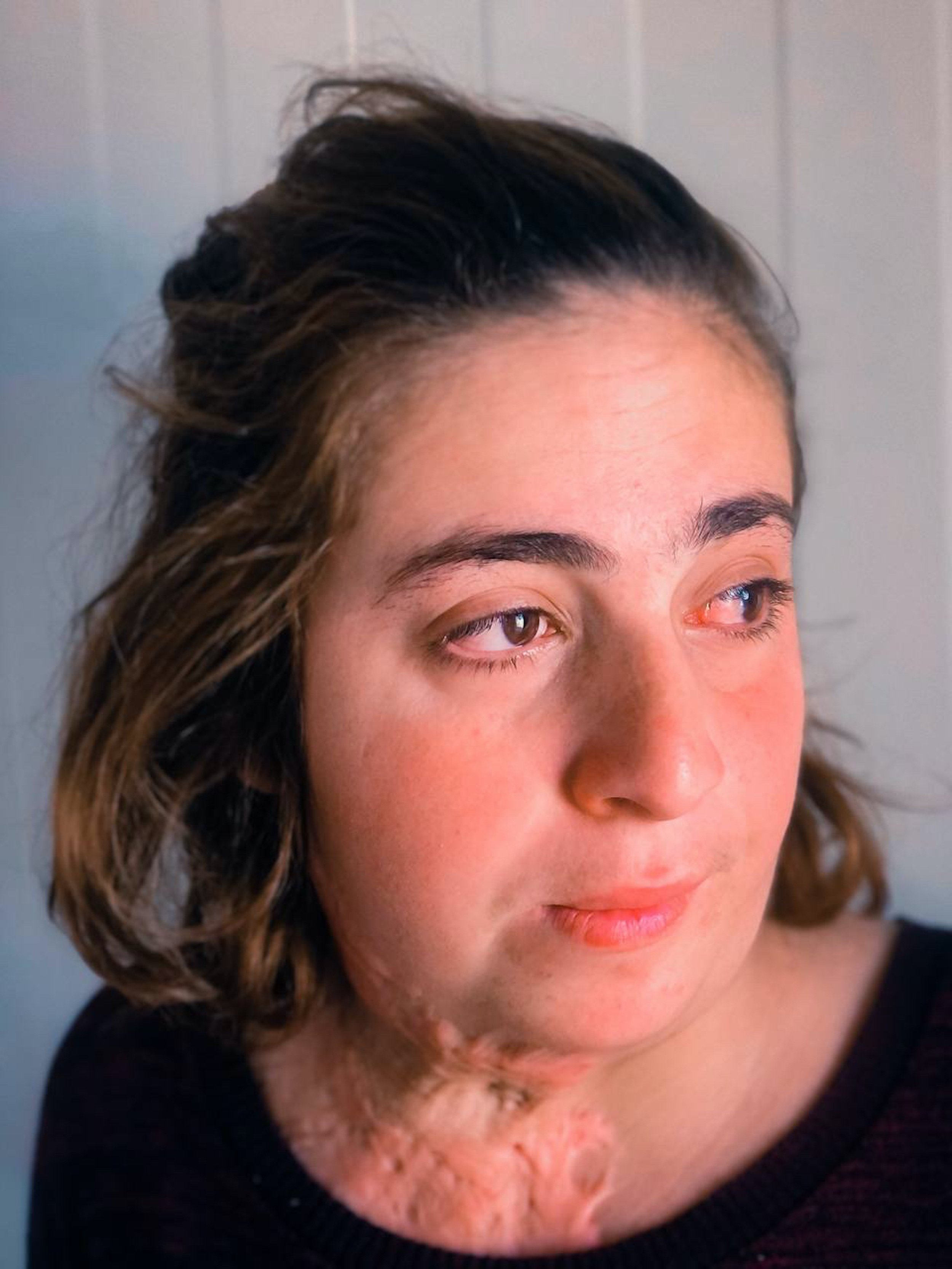Dereen is a 24-year-old from Duhok who has been taking part in our Cash for Work programme, in which she has been helping renovate historical sites to protect them for future generations.
Despite graduating from the department of Geology at the University of Duhok, Dereen remained stuck at home due to a chronic lack of job opportunities in the local area. But she always knew she wanted to work, in order to be able to be financially independent.
Prior to taking part in our project, which is supported by BMZ and implemented by GIZ and ourselves, she had little energy and felt depressed due to unsuccessfully applying for many jobs.
The project sees participants assisting the Directorate of Antiquity by restoring two historic castles, Kambalan and Dilbe. In doing so, they are preserving the sites for the enjoyment of others, and also safeguarding the city’s rich heritage and history.
Speaking of the project, Dereen says: “The Lotus Flower provided me with an opportunity to work in the restoration of historical places as a cash-worker. I met new people, achieved self-reliance, and enjoyed the experience, and my life changed from useless routine to a beneficial one.”
Initially, Dereen thought that the role would be too challenging. But, as she became involved, it became easier, and accordingly, her desire to keep working in historical locations has grown.
She believes that taking care of such monuments is important, since a nation’s identity is often defined by its history.
“I gained confidence, and in the future, I will be more prepared to work in a history-related role,” she adds.
Although the Cash-for-Work programme is temporary, Dereen now plans to begin searching for a permanent job in a similar field, and hopefully, the experience and practical knowledge she has gained along the way will stand her in good stead to achieve her goal…




